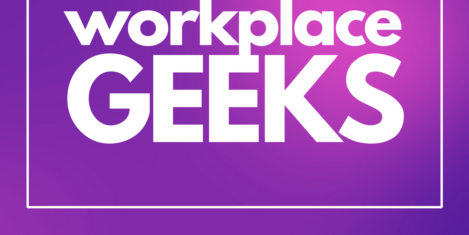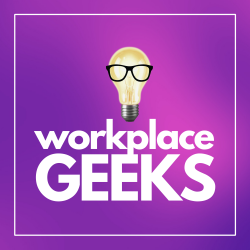May 11, 2023
Magenta Associates reports positive first quarter to 2023
 Magenta Associates, the communications specialist for the built environment, has reported significant growth in 2022/23 (20 percent) and 2021/22 (32 percent), along with a series of new architecture, design and construction contract wins, and several of its existing clients confirming that they will invest in new service areas of the business. In 2022, the Brighton based firm launched its new dedicated B2E (business to employee) comms division in light of research it commissioned which revealed a gap in the market, particularly for FM firms, many of which are struggling to unite dispersed teams in the era of hybrid working and talent shortages. In the first quarter of 2023, an increasing number of clients have turned to Magenta for support in this area. More →
Magenta Associates, the communications specialist for the built environment, has reported significant growth in 2022/23 (20 percent) and 2021/22 (32 percent), along with a series of new architecture, design and construction contract wins, and several of its existing clients confirming that they will invest in new service areas of the business. In 2022, the Brighton based firm launched its new dedicated B2E (business to employee) comms division in light of research it commissioned which revealed a gap in the market, particularly for FM firms, many of which are struggling to unite dispersed teams in the era of hybrid working and talent shortages. In the first quarter of 2023, an increasing number of clients have turned to Magenta for support in this area. More →



















 Any business that is looking to grow its consumer base or expand into new markets is likely to be relying on digital technology to a greater extent than ever before both in their operations and management. This also means that the
Any business that is looking to grow its consumer base or expand into new markets is likely to be relying on digital technology to a greater extent than ever before both in their operations and management. This also means that the 












March 3, 2023
Artificial intelligence could mean we all do more work, not less
by Barbara Ribeiro • Comment, Technology